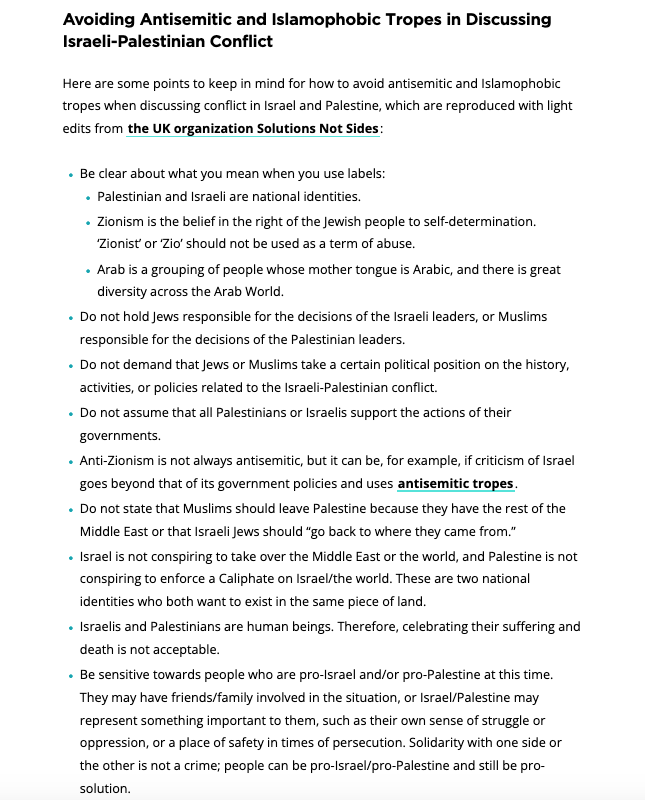Markets and Jobs for Writers

Each week in this space, Practicing Writing shares no-fee, paying markets for writers of fiction, poetry, and creative nonfiction: competitions, contests, and calls for submissions. These weekly posts complement monthly issues of The Practicing Writer newsletter, where you’ll always find more listings, none of them limiting eligibility to residents of a single municipality, state, or province. (But this blog does share those more localized opportunities, including jobs.)
As always, if you’d like to share a specific opportunity listed here, please credit the blog for the find. Thanks for respecting the time and effort that I put into researching, curating, and posting this information! I do notice, and I appreciate the courtesy.
(more…)

